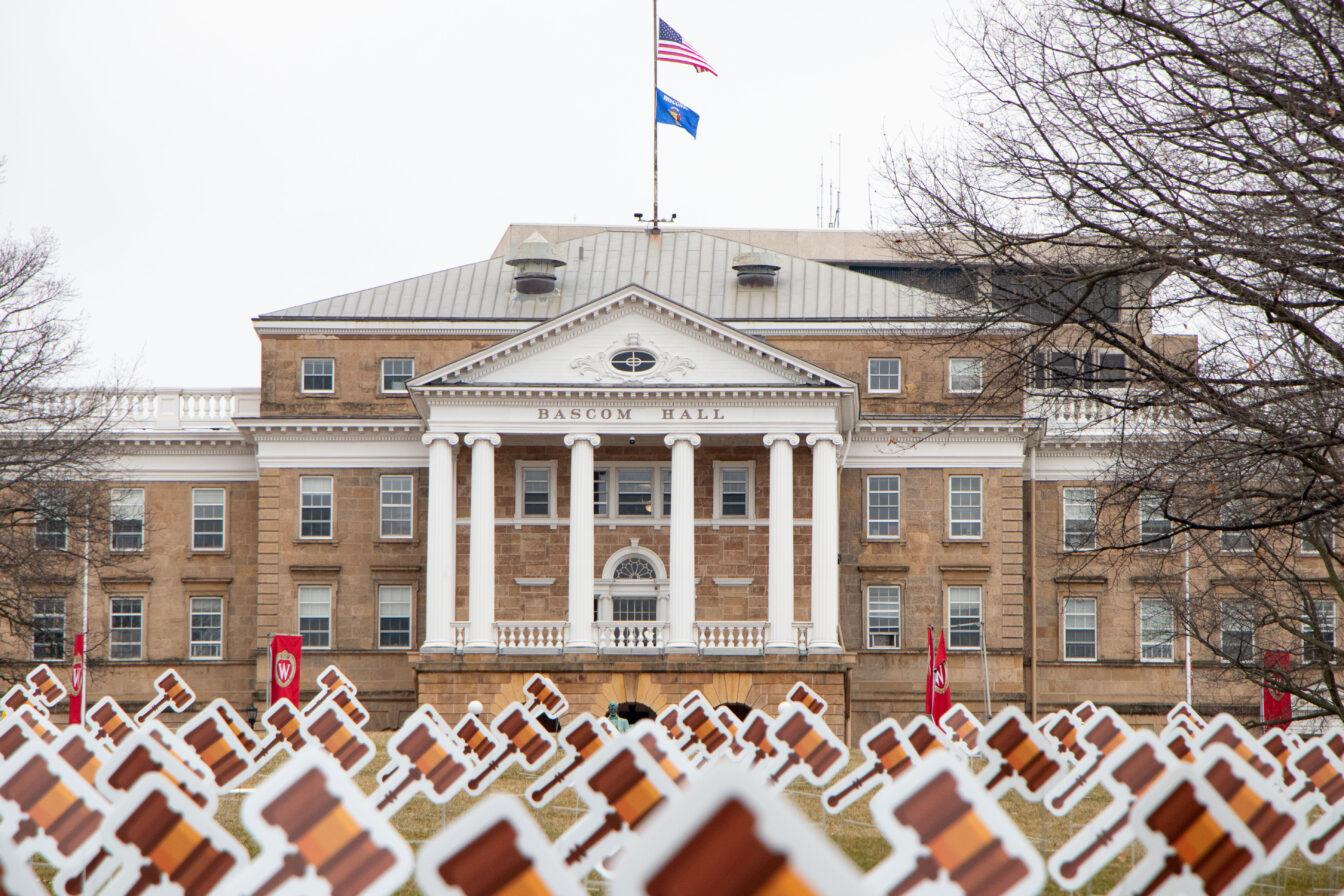The University of Wisconsin System President Jay Rothman recently announced that he will be increasing in-state undergraduate tuition across all UW campuses by 3-5.4% depending on the campus according to PBS. This will be the first price increase since tuition was frozen in 2013 by the State Legislature.
The reason for this increase in tuition is to help cover 4% system pay increases according to the same PBS article. One state representative who authored a bill capping tuition increases at the rate of inflation asked Rothman if capping tuition at the inflation rate would be reasonable.
In his response, Rothman said the goal of the increase was “not to ensure the increase came under the rate of inflation” and that system leaders wanted to be “reasonable and focus on affordability.”
The Badger Herald Editorial Board endorses alder candidates for Districts 2, 4, 8
This shows that these increases are not to keep pace with the rising cost in our current economy, but to increase real income for their employees.
UW-Madison currently pays entry level or assistant professors an average of $105,000. The nationwide average for assistant professors is $64,987. This means that our university is already paying well above the market rate for professors.
This begs the question — why should increased compensation for already overpaid positions come at the cost of students?
There is no reasonable answer. The university should be prioritizing students rather than putting more money in the pockets of already wealthy faculty. If we are increasing tuition, it should first go to providing better education services that would further the success of students.
Any tuition increase should be dedicated to helping students. But in reality, there should no increase in the first place for multiple reasons.
First, this price increase will hurt in-state enrollment across the board and have an especially damaging effect on smaller regional campuses that are already struggling with enrollment.
One journal article published by Professor Steven W. Hemelt and Professor Dave Marcotte of The University of North Carolina-Chapel Hill and American University, respectively, found that a $100 increase in tuition on average comes with a 0.25% decrease in enrollment.
This decrease would result in the loss of a significant amount of in-state students every year, which would negatively impact the economy of Wisconsin. At UW-Madison, multiplying the annual in-state tuition of $10,798 by 5% means a $540 increase in tuition which on average would mean a 1.35% drop in enrollment.
Currently, Wisconsin is facing an economic phenomenon known as brain drain — when people come to the state, receive their education, become highly skilled workers and leave the state to enter the job market elsewhere.
This brain drain is especially bad amongst out-of-state students, of which only 21% live in Wisconsin 5 years after graduation, according to UW-System Data. This is compared to 89% of in-state students.
This increased in-state tuition would mean fewer in-state students, who would be replaced with out-of-state students. A switch in enrollment levels such as this will thus increase brain drain and hurt the economy through the lack of highly skilled workers staying in Wisconsin.
This brain drain not only damages the economy but also fails to meet our esteemed principle of the Wisconsin Idea.
The Wisconsin Idea, according to the University’s website, is “one of the longest and deepest traditions surrounding the University of Wisconsin, the Wisconsin Idea signifies a general principle: that education should influence people’s lives beyond the boundaries of the classroom.”
With decreasing in-state enrollment and more highly educated people leaving after graduation, it is hard to imagine the University maintaining the same level of impact on Wisconsin residents’ lives outside the classroom.
Beyond hurting just the flagship campus of the UW-System at large, the system’s smaller institutions will be hit the hardest.
Many regional campuses have been struggling with enrollment in recent years according to an article by the Wisconsin State Journal. This falling enrollment has caused some smaller two-year schools to close. For instance, UW’s Richland campus saw a 90% reduction in enrollment from 2014 before their closure.
This reduction in enrollment would further hurt the already existent enrollment problem at smaller regional campuses and could potentially lead to more school closings, with universities such as Fox Cities asking for promises from the system administration that they will not be closed if they renovate their dining areas according to the same Wisconsin State Journal article.
This will not just affect the budget at these regional universities but also the students.
Wisconsin schools turning to emergency teaching licenses amid teacher shortage
“Many students attend the system’s regional campuses like UW-Stevens Point because of the low cost, and that an increase could mean a student doesn’t eat a third meal in a day or can’t take the last class he or she needs to graduate,” State Representative Katrina Shankland said in an interview with PBS.
Allowing for tuition increases that could hurt students’ futures is unacceptable. The goal of a public university is to help people pursue education at a high level rather than prevent them from doing so.
These price increases are indicative of a larger problem. The cost of attending higher education institutions has been increasing rapidly. The average tuition at a four-year university is 37 times higher than it was in 1963.
The answer to this problem is complex, but a good starting point would be to pass State Representative David Murphy’s bill to cap tuition increases at inflation levels. This would help ensure that the cost of tuition would not be allowed to continue to spiral out of control and ensure that we keep in-state enrollment high.
Charles Zumbrunnen ([email protected]) is a freshman studying agricultural and applied economics.














